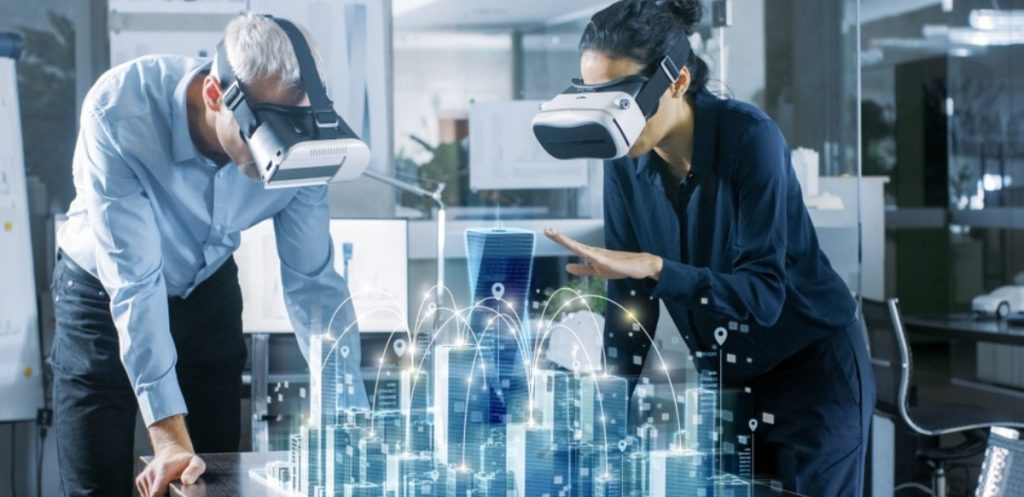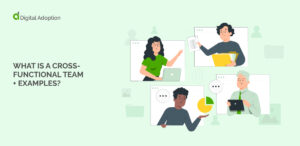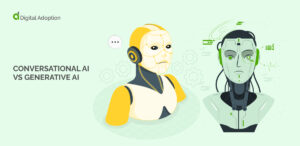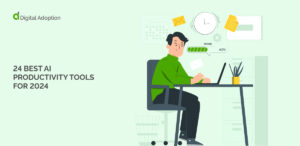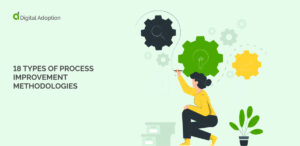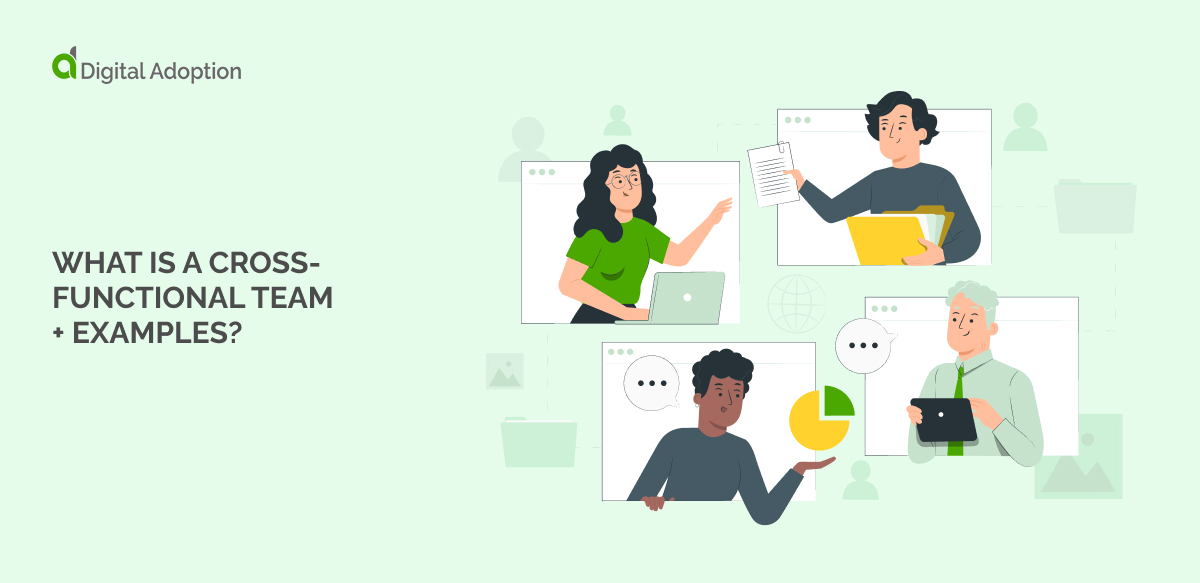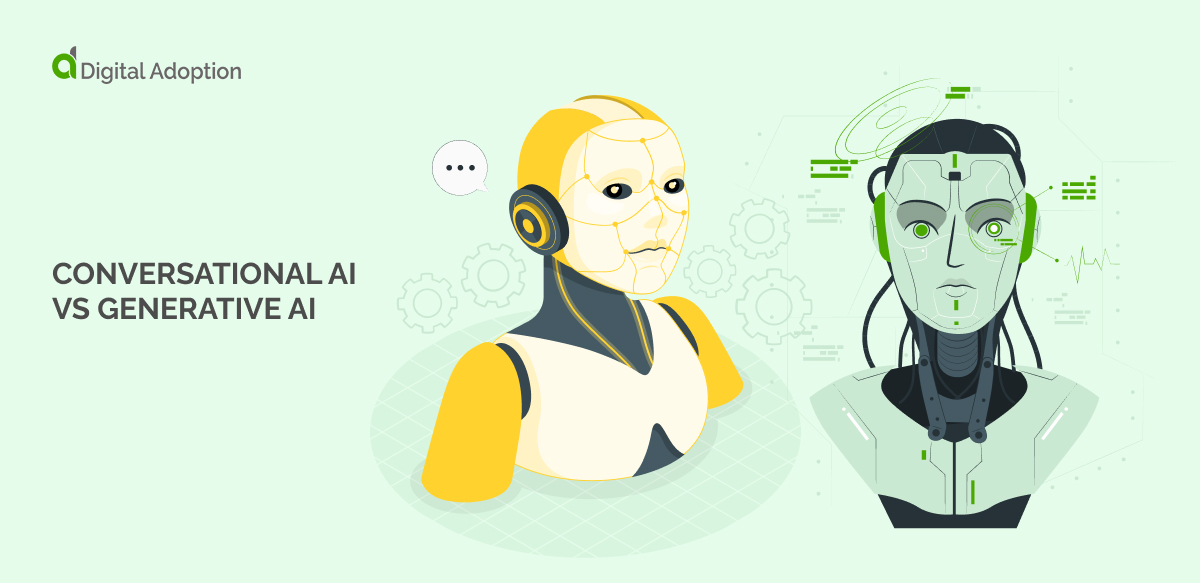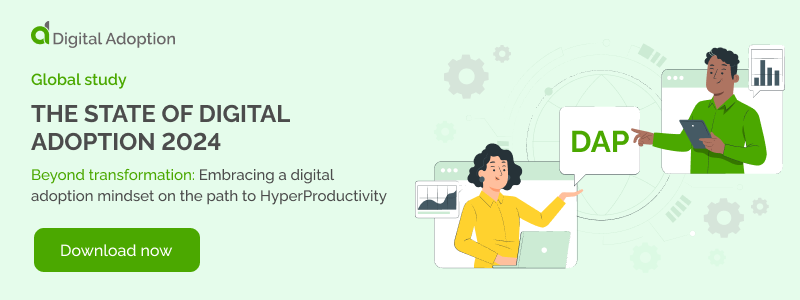In this article, we’ll explore digital transformation, the digital workplace, and the future of work – 2020 and beyond.
As most business professionals know, today’s workplace is changing rapidly, and that change has been further fueled by COVID-19.
In order to survive and prosper in the post-pandemic era, it is therefore important to begin adopting new approaches to work, the workforce, and the workplace.
The Future of Work: 2020 and Beyond
There are several major trends driving change in today’s work environment:
- Technology-driven innovation
- The aging workforce
- COVID-19
Naturally, not all companies will change at the same rate – some will experience rapid change, while others will take years or decades to evolve.
Regardless of the pace of change, however, technology-driven innovation will alter virtually every business in the post-COVID world.
Organizations that initiate change now will stand a much better chance of surviving and thriving in the next normal.
Let’s look at three strategic pillars to focus on when reimagining the workplace for that era.
Work
When planning for the future of work, one of the key areas to change is work itself. That is, managers and leaders must redesign jobs, business processes, workflows, and so forth.
Here are a few areas to focus on:
- Modern business processes. New approaches to business, such as agile, have become quite popular in recent years. Modern models such as these offer a number of advantages in today’s fast-paced economy, such as increased organizational resilience. In the years ahead, economic volatility will likely increase and models such as these may become the standard.
- Jobs. Organizations must redefine their job roles in order to keep up with changes in technology and the workplace. Jobs that are relatively new today, such as the digital adoption manager, will likely become the norm in a few years.
- The human-machine partnership. The modern workplace is built upon technology, and companies that can successfully use their digital tools will outperform those that cannot. Workflows should be continually updated to make use of the latest technology, and employees should receive ongoing training, as we will see below.
Changes in these areas can significantly improve organizational effectiveness, but successful change is predicated on a number of other factors.
If the workforce lacks the appropriate skills and knowledge, for instance, they will be unable to enact change and drive it forward.
The Workforce
Organizational performance revolves around the workforce – when employees are skilled, productive, and engaged, performance increases.
Unskilled workers and fragmented workplaces, however, have the opposite effect.
For that reason, it is important to implement programs aimed at improving employee performance.
These are some of the most important points to consider when designing a workforce improvement program:
- Reskilling and upskilling. The digital workplace is continually evolving and new tools are adopted regularly. To stay productive in this type of environment, employees must be continually trained. Ongoing micro-training – through digital adoption platforms (DAPs), for example – can keep employees proficient and productive, even in a fast-paced workplace.
- Workforce composition. Tomorrow’s workforce will include more remote workers and contract workers. The age range will also be larger, resulting in more diversity and, potentially, fragmentation. Managers must be attuned to these shifts, which will have both positive and negative consequences. For instance, a remote workforce may be more productive, but it may also be more difficult to build a cohesive corporate culture.
- Organizational culture. Culture directly affects employees’ mindsets, attitudes, behavior, and more. If the culture is not suited to the current business environment, then employee performance will fall. For that reason, it is important to cultivate a workplace culture that is suited to the current business climate. Cultures that are pro-digital and pro-learning, for instance, will likely perform better than those that are not.
As the modern work environment continues to evolve, changes such as these will become more and more necessary.
After all, the digital economy continues to change and employees must be ready to change with it.
The Workplace
The third area to focus on when planning for the future of work is the workplace itself.
A number of trends will impact the workplace in the coming years, such as:
- Digital adoption. Digital transformation depends on digital adoption – that is, to successfully leverage new digital tools, companies must fully integrate those tools into the workplace. In the coming years, therefore, we can expect to see an increase in the number of formal digital adoption programs.
- Automation. Automation platforms should complement humans, rather than replace them. Organizations will see the greatest benefit by pairing humans with machines, as mentioned above, rather than viewing machines as substitutes for employees.
- Remote working. Remote working will certainly become more common in the years ahead. Some suggest that telecommuting may become the norm, but studies have suggested otherwise. While part-time telecommuting may increase, many employees have expressed a desire to continue working on location.
Improvements to these areas will certainly result in productivity gains, which is reason enough to invest in them.
However, as with the other points covered here, these trends will become standard in tomorrow’s workplace. To stay profitable and successful during the current technology revolution, every company will need to implement such changes at some point.

